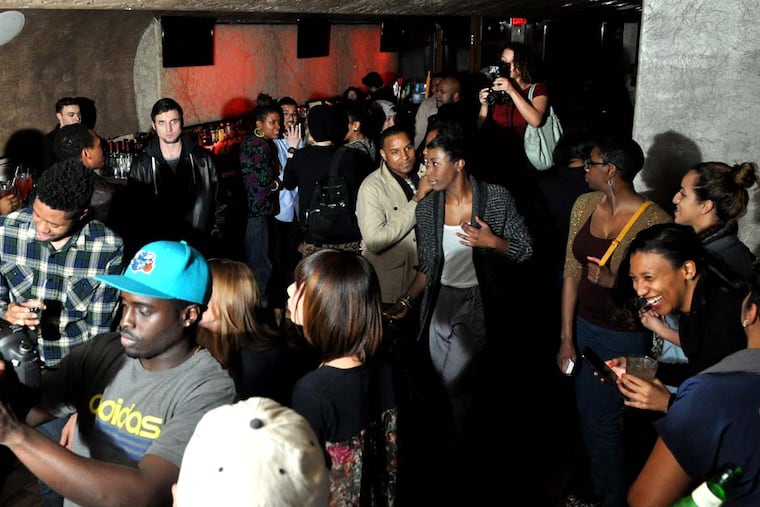Dear Philly’s new ‘night mayor’: Create more bars and clubs for Black residents
In a majority-Black city, we should be able to hop from one Black bar to the next, instead of feeling like outsiders in this city’s nightlife, or that we have to drive to the outskirts of town.

Around 5 o’clock most Fridays, I get a barrage of texts from my friends asking what our plans are for the night and upcoming weekend. My response is usually: “Let me check Instagram.”
There, I pore over the profiles of various bars and clubs in Philly, looking to find a space full of young Black people that will play R&B and rap music. Most nights I’m unsuccessful.
Instead, my friends and I are often forced to infiltrate non-Black spaces, taking the chance that other young Black people might show up. If they don’t, we’re left feeling uncomfortable and singled out; it’s hard to have fun and relax when you’re one of just a few Black people in a mostly white space. On occasion, trusted Black DJs and event planners, such as Killsing and Nas Haddad, will host events or perform guest sets at these venues, signaling that at least for the night, Black people have control of the space.
“It’s hard to have fun and relax when you’re one of just a few Black people in a mostly white space.”
But that’s not enough. Black Philadelphians are not satisfied by this inconsistent nighttime experience.
In a majority-Black city, there should be numerous bars and clubs in Center City that young Black people can call their own. We should be able to hop from one Black bar to the next, instead of feeling like outsiders in this city’s nightlife, or that we have to drive to the outskirts of town to find a place that caters to us. Just as non-Black people enjoy fun and safe weekends in Center City, young Black people must be afforded the same opportunity in spaces that prioritize us.
Recently, Philadelphia created a director of nighttime economy, a position some cities have dubbed a “night mayor,” and hired Raheem Manning to the position. Manning must make developing Black nightlife one of his priorities.
Other cities have shown me what is possible for Black nightlife. A recent visit to Washington, D.C., exposed me to U Street and Dupont Circle, areas full of nighttime venues in the heart of the city that had young Black people lined up on the streets eager to get in. The energy was buzzing, exciting, and undoubtedly Black. I was reminded of the years I spent living in New York, frequenting Black bars and clubs every weekend.
Philadelphia must create a similar experience for the Black people that live here.
Our exclusion from Philadelphia’s nightlife is bigger than dance moves and tequila shots. Studies suggest that there is a connection between boredom and crime. As our city is on pace to have the deadliest year of gun violence, local officials should be considering every possible angle to address the root causes, including boredom. One viable solution to preventing boredom would be the development of more nighttime activities directed toward young Black people.
» READ MORE: Four ways to promote Philly’s nightlife as a possible antidote to nuisance and violence
The city’s new nighttime economy director, Manning, must push City Council to invest in new Black-owned bars, clubs, and lounges. He should gather information from the few existing establishments that Black people in this city are excited to attend at night, like Saint Lazarus Bar in Fishtown. And most importantly, he must listen directly to young Black people to address our needs.
These investments are smart economics and should be considered a part of the city’s holistic plans to address gun violence. Along with overdue vital resources and opportunities, Black communities deserve joy and excitement. How Philly chooses to expand and regulate nightlife signals who belongs and what type of people they want to attract. Our government officials must show us that Black people are wanted in Philadelphia.
Ty Parks is from Philadelphia and is currently a law student at the University of Pennsylvania.